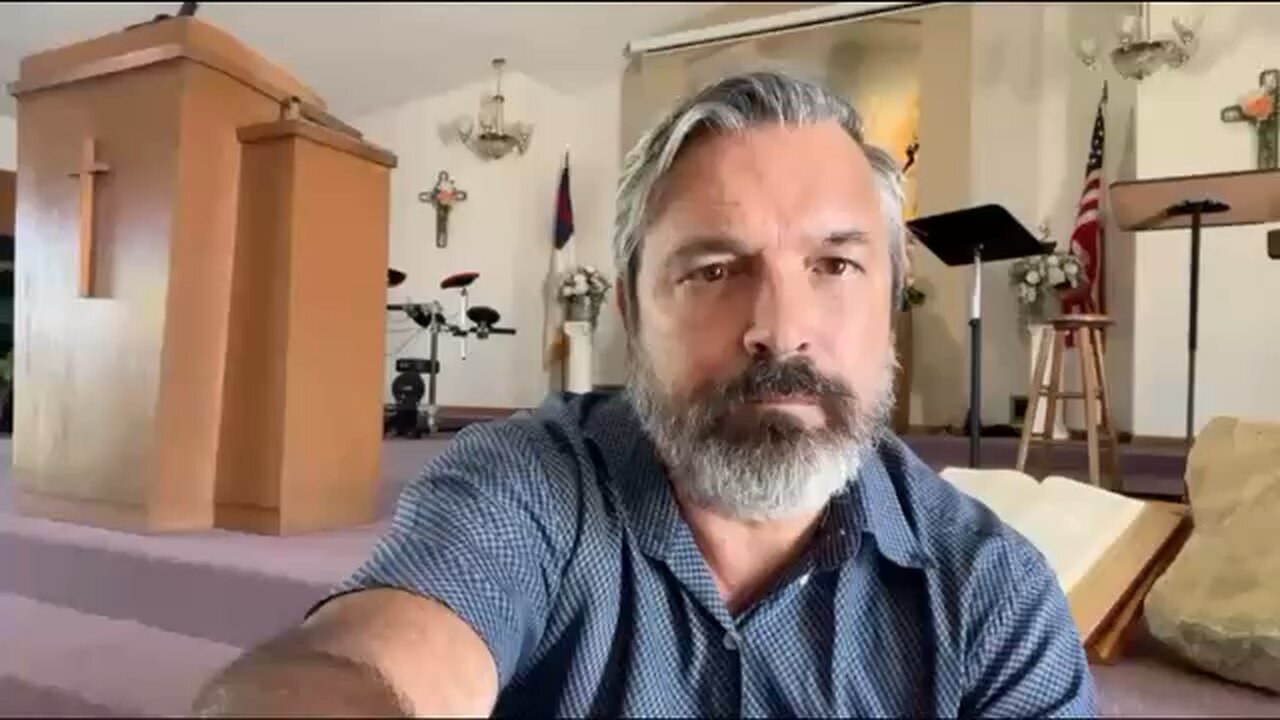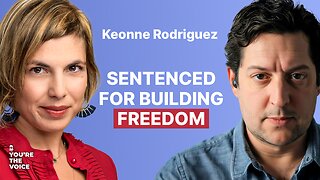Premium Only Content

Cycle of grief.
Dr. Elisabeth Kübler-Ross introduced the five stages of grief as a model to help understand how people cope with loss, whether it is the death of a loved one, a serious diagnosis, or a major life change. These stages—Denial, Anger, Bargaining, Depression, and Acceptance—are not always experienced in a set order. Rather, they reflect the range of emotions people often go through as they attempt to process grief and find a way forward. The model is a tool for recognition and validation of the grieving experience, not a rigid sequence of steps.
The first stage, Denial, acts as a defense mechanism. When people are confronted with overwhelming news, they often refuse to believe or fully accept it at first. This response helps cushion the initial shock by allowing time to gradually process reality. Emotions during this stage may include confusion, fear, or numbness. While denial may appear unhealthy, it often provides necessary breathing room, protecting individuals from being emotionally overwhelmed too quickly.
The second stage, Anger, emerges as reality begins to sink in. Here, the individual may feel frustration, irritation, or even resentment—sometimes directed at others, themselves, or even God. This anger is a natural part of healing, as it helps release the built-up emotional energy that comes with grief. Importantly, it is not a sign of weakness or moral failure but an expression of deep pain. Learning to recognize and process anger constructively is essential to moving forward.
Next comes Bargaining, a stage where individuals attempt to regain a sense of control by negotiating with themselves, others, or a higher power. People may think in terms of “if only” statements—such as wishing they had acted differently or hoping to change the outcome through promises or deals. This stage often reflects an effort to find meaning in the suffering. While bargaining can create cycles of guilt or “what if” thinking, it also demonstrates a person’s deep desire for resolution and understanding.
The fourth stage, Depression, is marked by feelings of helplessness, deep sadness, and withdrawal. This is often the heaviest stage, as the individual confronts the reality of the loss. Unlike clinical depression, which may require medical attention, this grief-related depression is a normal emotional response to loss. It reflects the depth of one’s love and connection. While painful, this stage can also bring clarity and prepare the way for healing. Finally, Acceptance arrives when an individual begins to embrace the new reality. Acceptance does not mean the loss is forgotten or the pain is erased, but it signifies readiness to explore new options, adapt to changed circumstances, and move forward in life with renewed hope.
-
 LIVE
LIVE
LFA TV
15 hours agoLIVE & BREAKING NEWS! | TUESDAY 12/16/25
3,315 watching -
 1:01:57
1:01:57
VINCE
4 hours agoThis Could Win Us The Midterms | Episode 189 - 12/16/25 VINCE
194K167 -
 LIVE
LIVE
The Mel K Show
2 hours agoMORNINGS WITH MEL K- The End of Zero Sum Game Theory Thinking Has Arrived - 12-16-25
751 watching -
 LIVE
LIVE
The Shannon Joy Show
1 hour agoSJ LIVE Dec 16 - TACO Trump Flees California After Judge Orders Him To Remove Troops! Plus The Bitcoin Collapse & AI Bubble W/ Fin-Analyst Jack Gamble!
299 watching -
 LIVE
LIVE
TheAlecLaceShow
1 hour agoBrown University | Rob Reiner | Guests: Senator Rick Scott & Sec. Linda McMahon | The Alec Lace Show
51 watching -
 57:04
57:04
efenigson
3 hours agoSentenced For Building Freedom! Live: Samourai Wallet's Keonne Rodriguez
10.5K5 -
 1:56:02
1:56:02
Benny Johnson
3 hours agoDark New Mysterious Footage Of Brown University Killer RELEASED After Republican Leader MURDERED...
47.3K30 -
 1:16:13
1:16:13
Chad Prather
3 hours agoWhy Trump’s Response To Rob Reiner Passing MISSED THE MARK + Erika Kirk & Candace Meet & Bible Q&A!
15.4K16 -
 1:59:07
1:59:07
Badlands Media
10 hours agoBadlands Daily: 12/16/25
39.4K10 -
 2:59:32
2:59:32
Wendy Bell Radio
8 hours agoUnapologetic
62.7K83